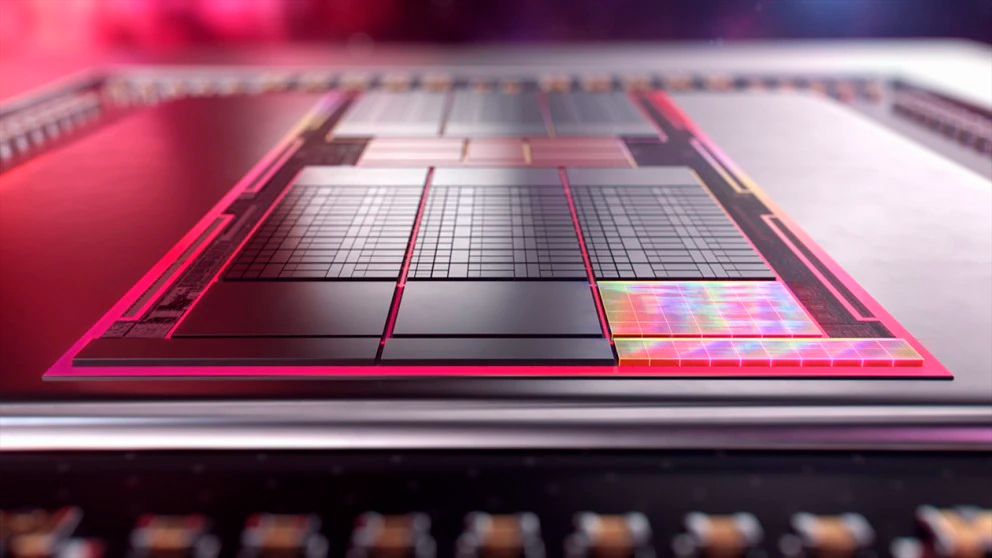AMD Radeon RX 8000 GPU emerges in Geekbench benchmarks — Navi 48 GPU with 56 RDNA 4 CUs at 2.1 GHz and 16GB VRAM
The GFX1201 GPU seems to be a Radeon RX 8000 series GPU with 16GB of VRAM.

Early this morning, a series of Geekbench OpenCL benchmarks for an AMD Radeon RX 8000-series GPU, which will rival the best graphics cards, was uploaded and subsequently caught the attention of leakers and outlets across the web. Hardware detective BenchLeaks discovered multiple entries of this mysterious "gfx1201" GPU that expose some of its specifications.
The gfx1201 device ID had previously appeared in AMD's ROCm Validation Suite in April. The same patches confirmed Navi 48 as "gfx1201" and Navi 44 as "gfx1200", but these benchmarks all only seem to be for "gfx1201".
Geekbench listed the gfx1201 GPU with 28 RDNA 4 Compute Units, but they're probably the number of Work Group Processors (WGPs). Assuming that RDNA 4's layout hasn't changed (two CU per WGP), the configuration equals 56 CUs or 3,584 Stream Processors (SPs), depending on how you want to look at it. That core count would place the mysterious gfx1201 GPU between a Radeon RX 7700 XT (54 CUs) and a Radeon RX 7800 XT.
The Navi 48-based graphics card, with a very conservative clock speed, completed the benchmark at 2.1 GHz. The graphics card is probably an engineering sample, which would explain the low clock speed. Some existing Radeon RX 7000-series graphics cards feature a boost clock speed of up to 2.5 GHz. RDNA 4, potentially on a newer node, should have no problems reaching the same heights, if not surpassing it. The gfx1201 graphics card seems to have 16GB of memory. Unfortunately, Geekbench doesn't specify the memory type or speed, but it is likely GDDR6. Now, 16GB of GDDR6 implies that the gfx1201 should have a 256-bit memory interface.
Sadly, the benchmark results don't tell us anything conclusive. Where things get a little odd, though, is in the spread of the results—four of the five results are somewhat expected variance, but the earliest, lowest result (12,962) exhibits less than half the performance of the same hardware in the latest four results (ranging from 31,041 to 33,241).
Geekbench's OpenCL benchmark leaderboard places this ~30K range of OpenCL benchmark scores in line with AMD's mobile Radeon 780M iGPU or old models like the Radeon RX 570 or Nvidia GTX 1060. These aren't the comparisons one would necessarily expect from the AMD RDNA 4-based Radeon RX 8000-series graphics card and could boil down to a mobile or engineering sample.
The fact that we're seeing benchmarks of RDNA 4 graphics cards shows that the arrival of AMD's next-generation Radeon RX 8000 series may not be far off. AMD may use CES 2025 to make an official announcement, but we'll have to wait and see.
Get Tom's Hardware's best news and in-depth reviews, straight to your inbox.

Christopher Harper has been a successful freelance tech writer specializing in PC hardware and gaming since 2015, and ghostwrote for various B2B clients in High School before that. Outside of work, Christopher is best known to friends and rivals as an active competitive player in various eSports (particularly fighting games and arena shooters) and a purveyor of music ranging from Jimi Hendrix to Killer Mike to the Sonic Adventure 2 soundtrack.